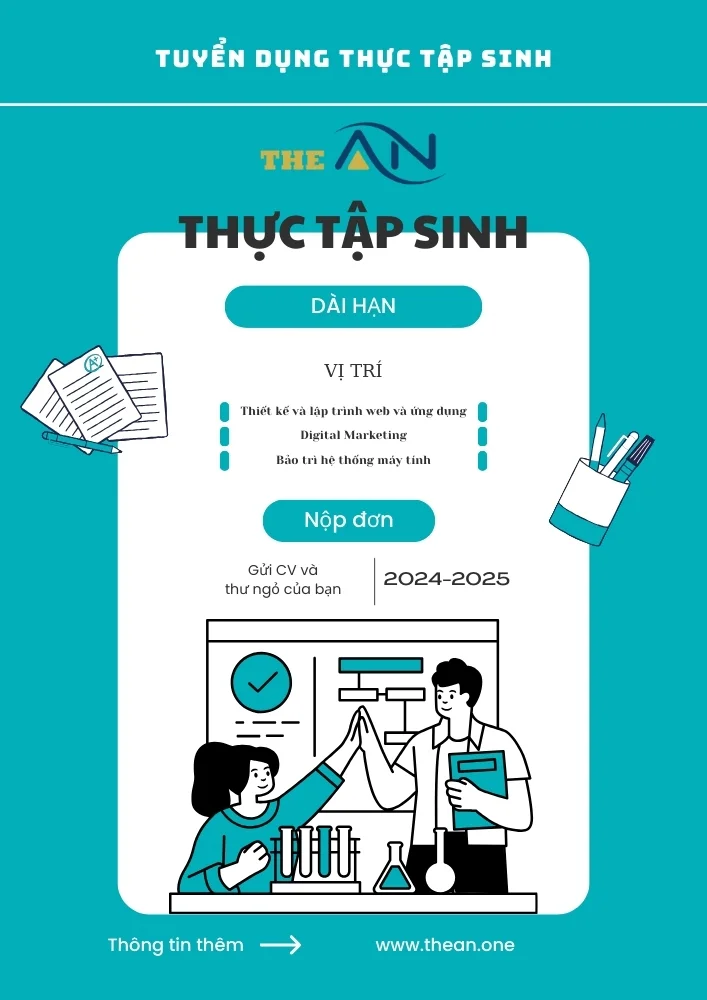Difference Between Which And In Which In English Grammar

Both the words which and in which are relative pronouns and at times used as interrogative pronouns. The word which has more reach than in which and in which is mostly used specific cases.
Meaning of Which
“Which” is a pronoun that is used to ask for information about one or more things or people from a given set of options. It is also used to introduce a relative clause that provides additional information about a noun or pronoun in a sentence.
Usage of Which
- To ask for information about one or more options. For example, Which color do you prefer?
- To introduce a relative clause for example The movie, which was released last week, is already a box office hit.
Examples of Which
- Which one do you prefer among this two?
- I can’t decide which dish item to get.
- The teacher asked the students which country they would like to study for their higher studies.
- Which painting in the gallery is favorite for you?
- The company is conducting a survey to find out which products are more selling.
Meaning of In Which
“In which” is a phrase that is commonly used in English to introduce a relative clause that provides additional information about a noun or pronoun in a sentence. It is also used to describe a specific location or situation.
Usage of In Which
To introduce a relative clause that provides extra information. For example, The house in which I grew up was small.
Examples of In Which
- In which restaurant do you eat?
- In which city she born?
- The book in which he found the information was very helpful.
- The park in which we had a picnic was crowded with families.
- The room in which the meeting was held was too small for all the participants.
- The school located in which area?.
Differences between Which and In Which
| Feature | Which | In which |
|---|---|---|
| Usage | As a pronoun | As a prepositional phrase |
| Function | Asking for information | Describing a specific location/situation |
| Introduction | Introduces a relative clause | Introduces a prepositional phrase |
| Order | Can be placed at the beginning or end of a sentence | Can be placed at the beginning of a sentence |
| Preposition | Does not require a preposition | Requires a preposition “in” |
| Relativity | Refer to any noun or pronoun | Refers specifically to a noun or pronoun that denotes a place or situation |
| Examples | Which book do you want to read? | The house in which I grew up was small but cozy. |
| Possessive form | Can be used with possessive form of a noun | Cannot be used with the possessive form of a noun |
Conclusion
In summary, “which” and “in which” are both relative pronouns used to introduce subordinate clauses in English grammar. While “which” provides additional information about a noun or pronoun in the main clause, “in which” refers to a place or situation mentioned in the main clause. Understanding the differences between the two can help in choosing the appropriate one to use in a sentence.
Quý anh/chị đang tìm kiếm một doanh nghiệp uy tín cung cấp dịch vụ Công Nghệ Thông Tin như Thiết kế và lập trình website, Digital Marketing, hoặc dịch vụ Bảo trì và chăm sóc hệ thống máy tính, ...? Đừng ngần ngại hãy liên hệ với The ÂN qua số điện thoại (+84).326.418.478 để được tư vấn cụ thể, hoặc liên hệ qua mẫu tin.
Các thông tin nổi bật khác:









